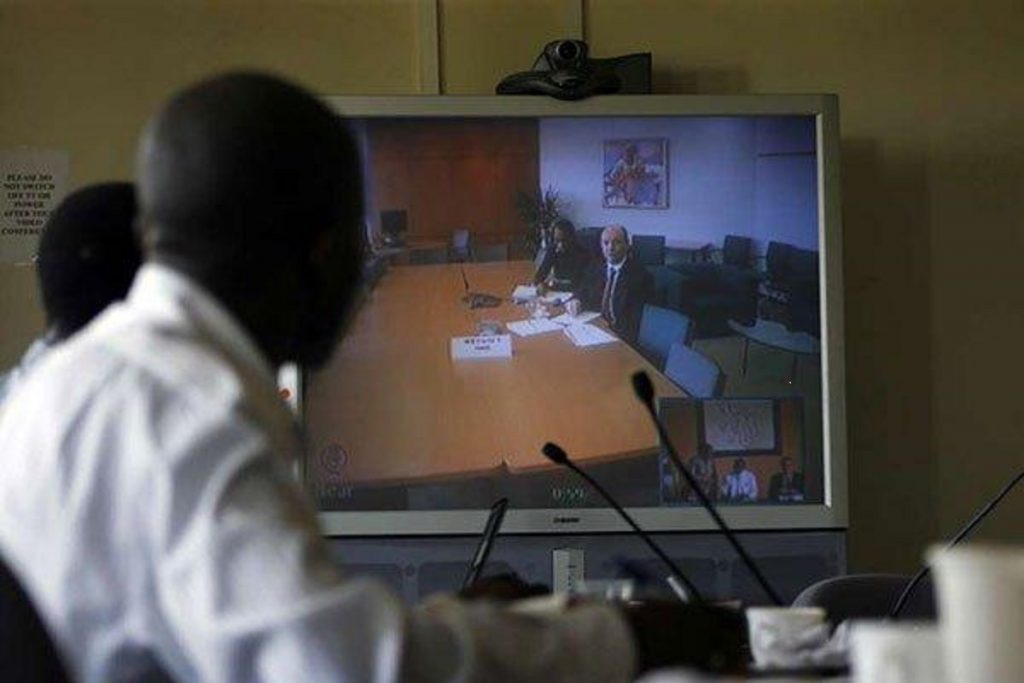Journalists from different media houses reporting on court cases are facing challenges in adapting to the new online system of reporting virtually during the COVID-19 period making it difficult to disseminate justice information to the public.
During this time of COVID-19, the government of Rwanda has put in place preventive measures to curb the pandemic, but those restrictions created immense challenges compared to how things used to be done. With mass gathering prohibited, some courts have continued to dispense justice with the aid of online platforms especially Skype and video conferencing.
The new virtual system made it difficult for journalists to attend court proceedings physically this necessitated improvising through technology to enable journalists to their job.
However, with different challenges such as poor internet connectivity and lack of technological gadgets, it has become difficult for journalists to report court cases and a negative impact on the justice sector.
“Before the COVID-19 era, journalists used to make interviews and take photos as well as following hearings face to face with lawyers, defendants and prosecutors in the courtroom. Nowadays due to COVID-19 restrictions, following a court case on Skype or video conference is like watching an event on TV without the sound which is affecting information flow and justice in general,” said Jean Paul Nkundineza, a court reporter from Umuseke newspaper.
Rwanda has suffered the brunt of COVID-19 like any other country globally and putting in place measures to curb the virus is necessary although it coming at the expense of disseminating news from courts to the public.
This has a negative impact to the journalist who is writing the news story about that trial, as interventions were not well heard. I witnessed some cases being interrupted and some of them called off following technical problems.” added Nkundineza.
Journalists call for technical improvement during court hearings to facilitate not only journalists but also other audiences in order to improve and promote justice for all stakeholders.
According to Daniel Sabiiti, KT Press reporter during this period of COVID-19, the judiciary services have had setbacks towards the media which need to be rectified for a better collaboration.
“Failure of internet connection during or even before the court sits, lack of communication of when, where and how to access the hearing or even communication of the official outcomes of a case, unnecessary delay of case trials when confirmed, and lack of physical access for some national cases in court has delayed justice or interrupted its timeliness,” he added.
Speaking to Intego Newspaper about the recommended improvements to further facilitate journalists while reporting on court cases Harrison Mutabazi, the spokesperson for the Judiciary said, “in the near future we plan to introduce live streaming to enable journalists and other members of the public to follow cases comfortably. It will work like any other live stream process.”
Regarding the needed effective communication between journalists and the judiciary, Mutabazi said that the posting hearings on website and the outcomes being posted on the same website; as well as engaging both himself and the public relations officer, will undoubtedly always furnish journalists with all necessary information.
“Keeping up the good work of reporting court info but also always keeps in touch with us so that they can be facilitated to get any necessary information timely.” He said.
The Judiciary of Rwanda started the delivery of court rulings in criminal cases through the Skype application last year.
Source: Intego Newspaper





